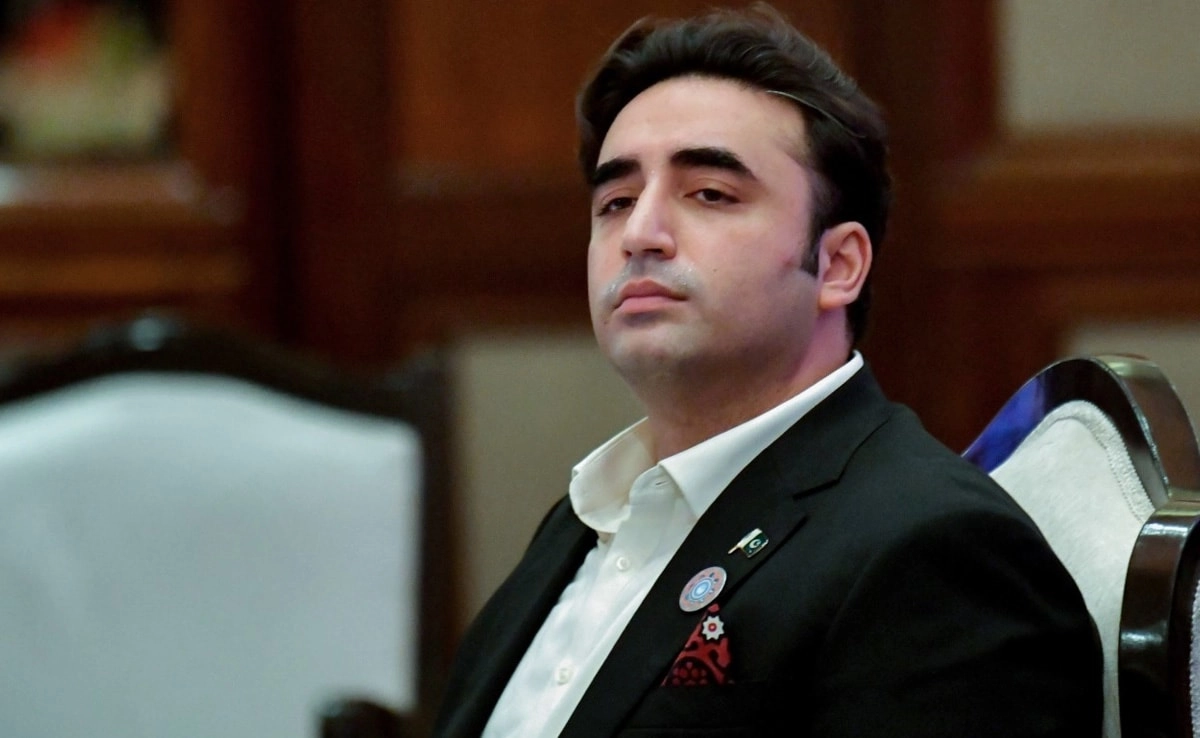Bilawal Bhutto Zardari, the chairman of the Pakistan Peoples Party (PPP) and son of former Prime Minister Benazir Bhutto, recently acknowledged the complex and troubling history that Pakistan has had with various terrorist organizations. His remarks come at a time when the country is grappling with the consequences of its past policies, particularly those that involved support for militant groups as a means to further geopolitical objectives. Bhutto’s candid admission reflects a growing recognition among Pakistani leaders of the need to confront the realities of terrorism and its roots in the nation’s history.
In his statements, Bhutto emphasized that Pakistan must come to terms with its past relationships with these groups, which have not only affected the country’s security but have also tarnished its international reputation. He pointed out that the legacy of these alliances has created a cycle of violence that continues to plague the nation, leading to devastating attacks and loss of innocent lives. By acknowledging this past, Bhutto is calling for a shift in the narrative surrounding terrorism in Pakistan, urging a move away from denial and towards accountability and reform.
Bhutto’s comments also underscore the necessity for a comprehensive strategy to combat terrorism that goes beyond military solutions. He advocates for addressing the underlying socio-economic conditions that foster extremism, such as poverty, lack of education, and political disenfranchisement. By focusing on these root causes, Bhutto believes that Pakistan can pave the way for a more peaceful and stable future, not only for its citizens but also for the wider region. His willingness to confront uncomfortable truths suggests a potential for a new political discourse in Pakistan, one that prioritizes national security and the well-being of its people over outdated alliances with extremist factions.
As Pakistan navigates its path forward, Bhutto’s acknowledgment of the country’s past with terror groups might serve as a crucial turning point in its governance and foreign policy. The recognition of this historical baggage is a necessary step towards fostering a more secure environment and rebuilding trust with the international community. By embracing a narrative of reform and reconciliation, Pakistan can work towards breaking free from the cycle of violence that has characterized its modern history. Ultimately, the challenge lies not only in addressing the immediate threats of terrorism but also in creating a society that is resilient to the allure of extremism.




